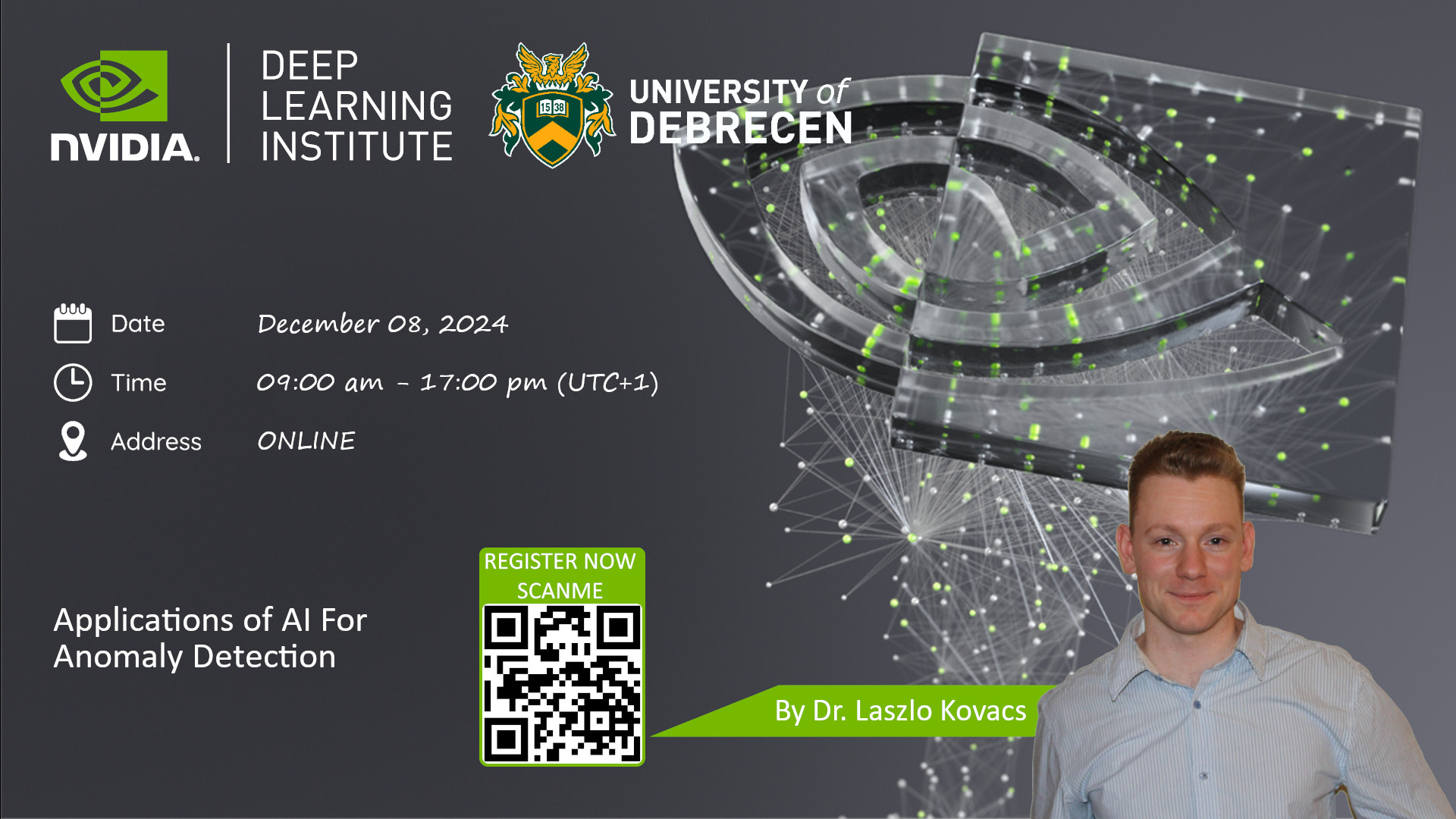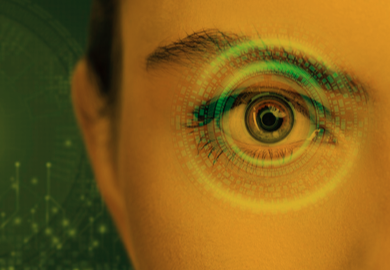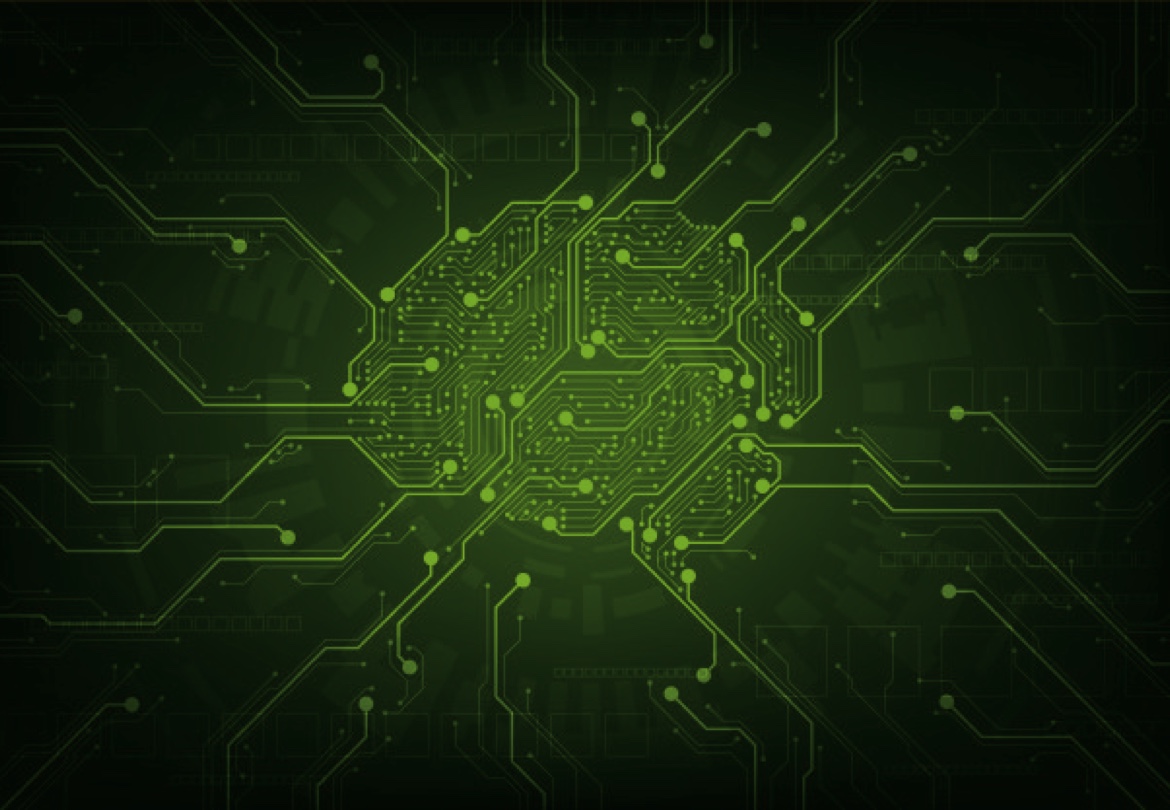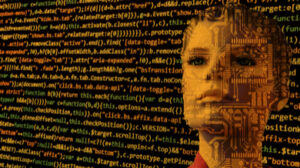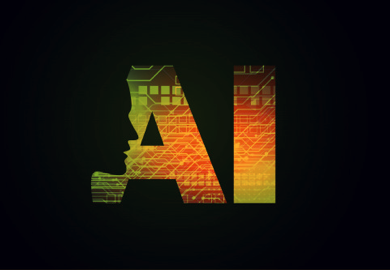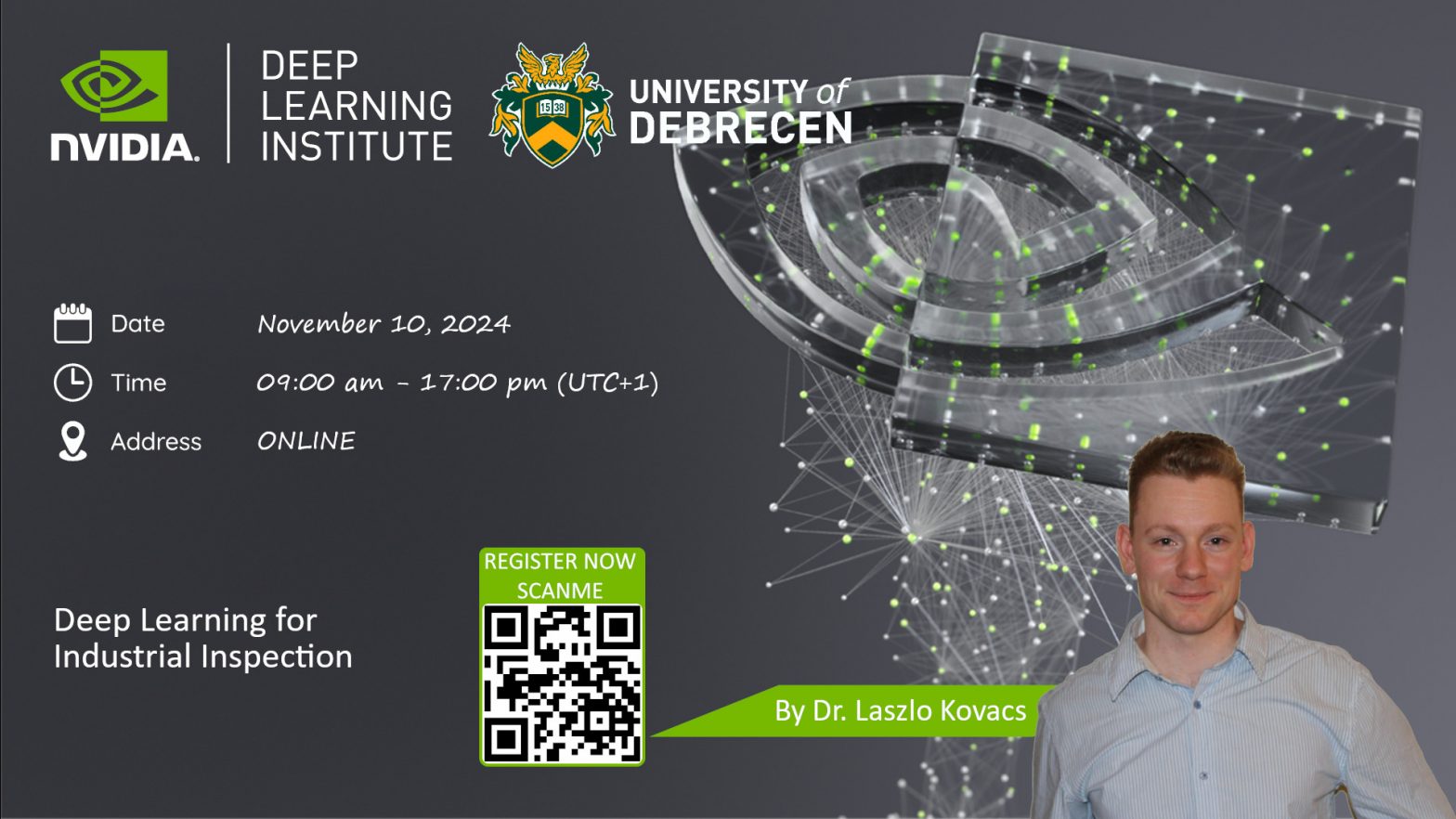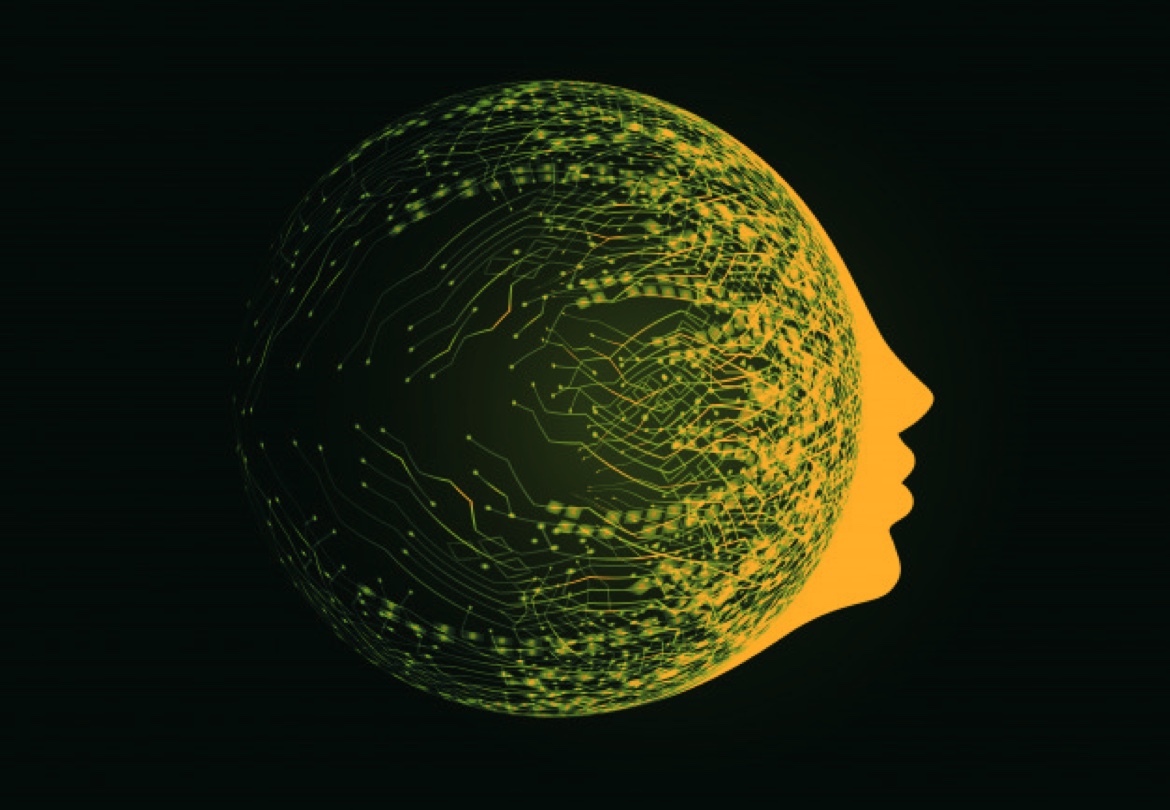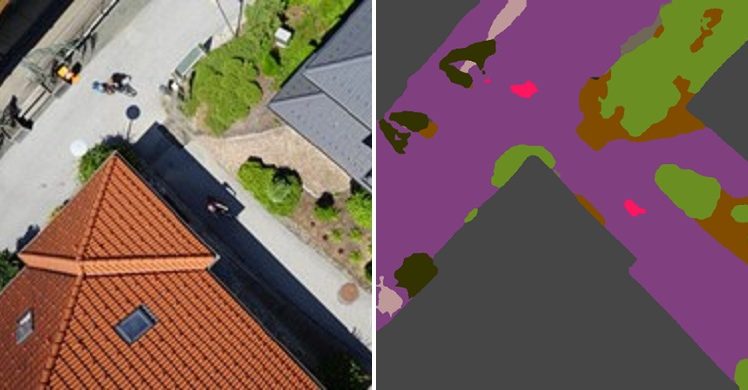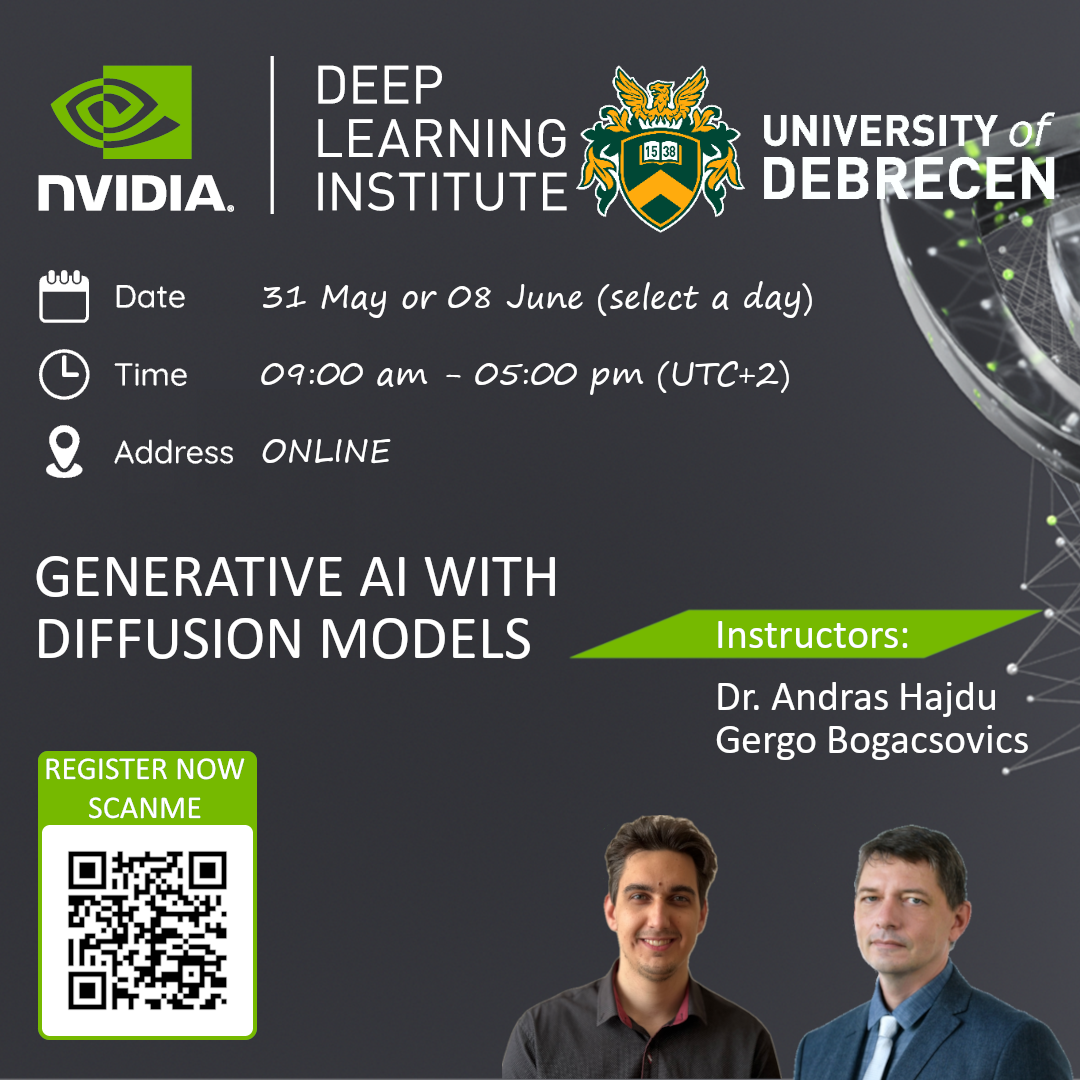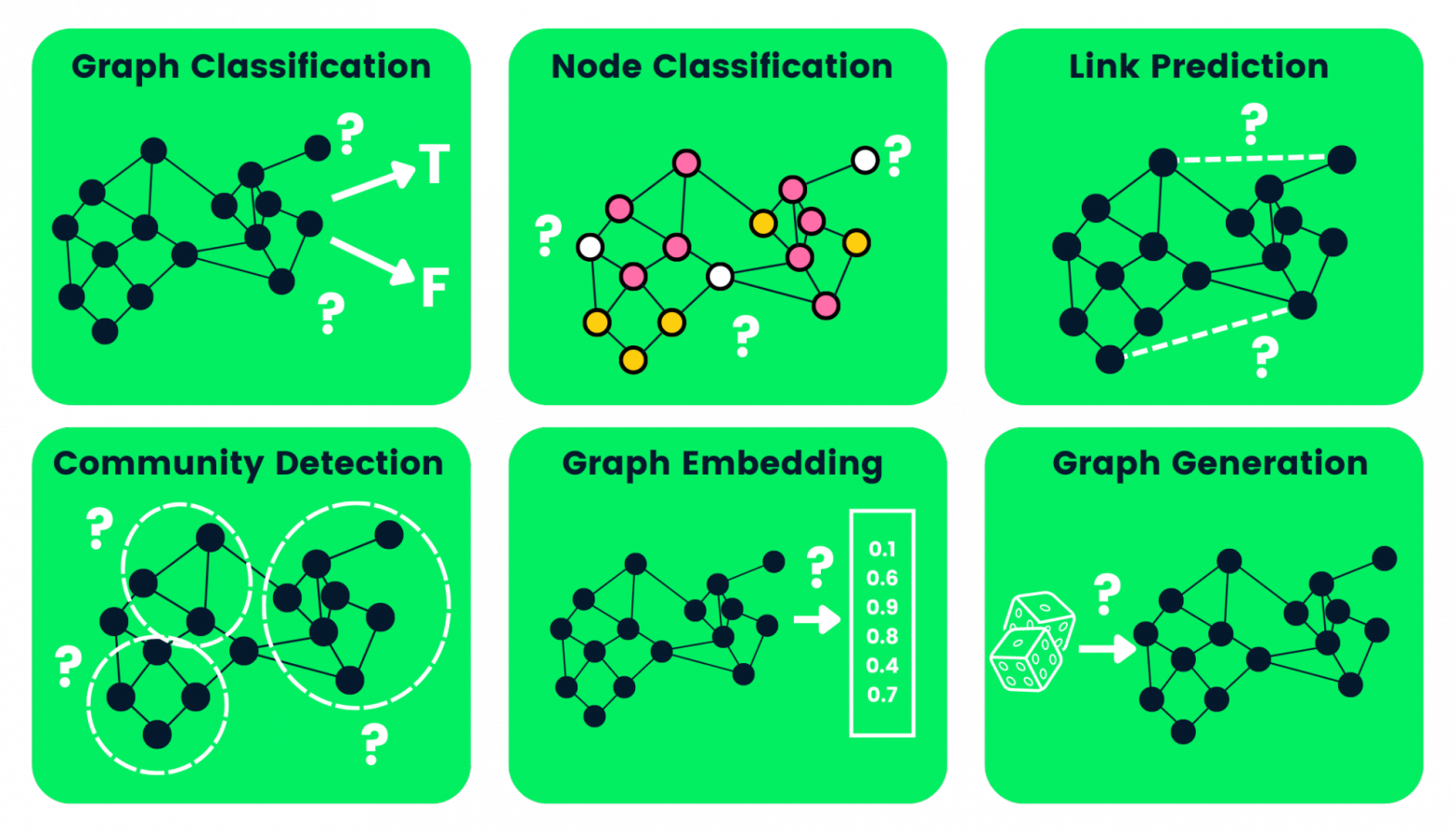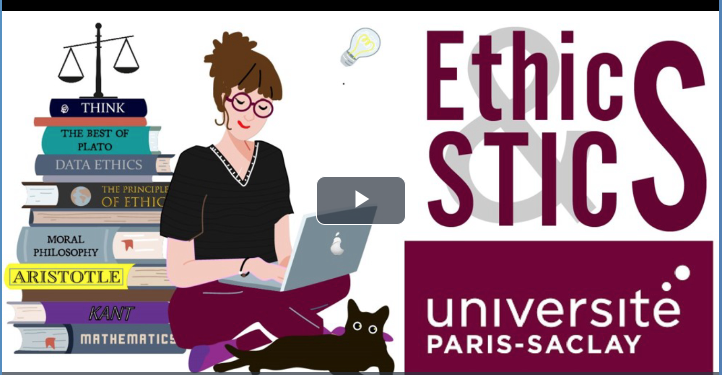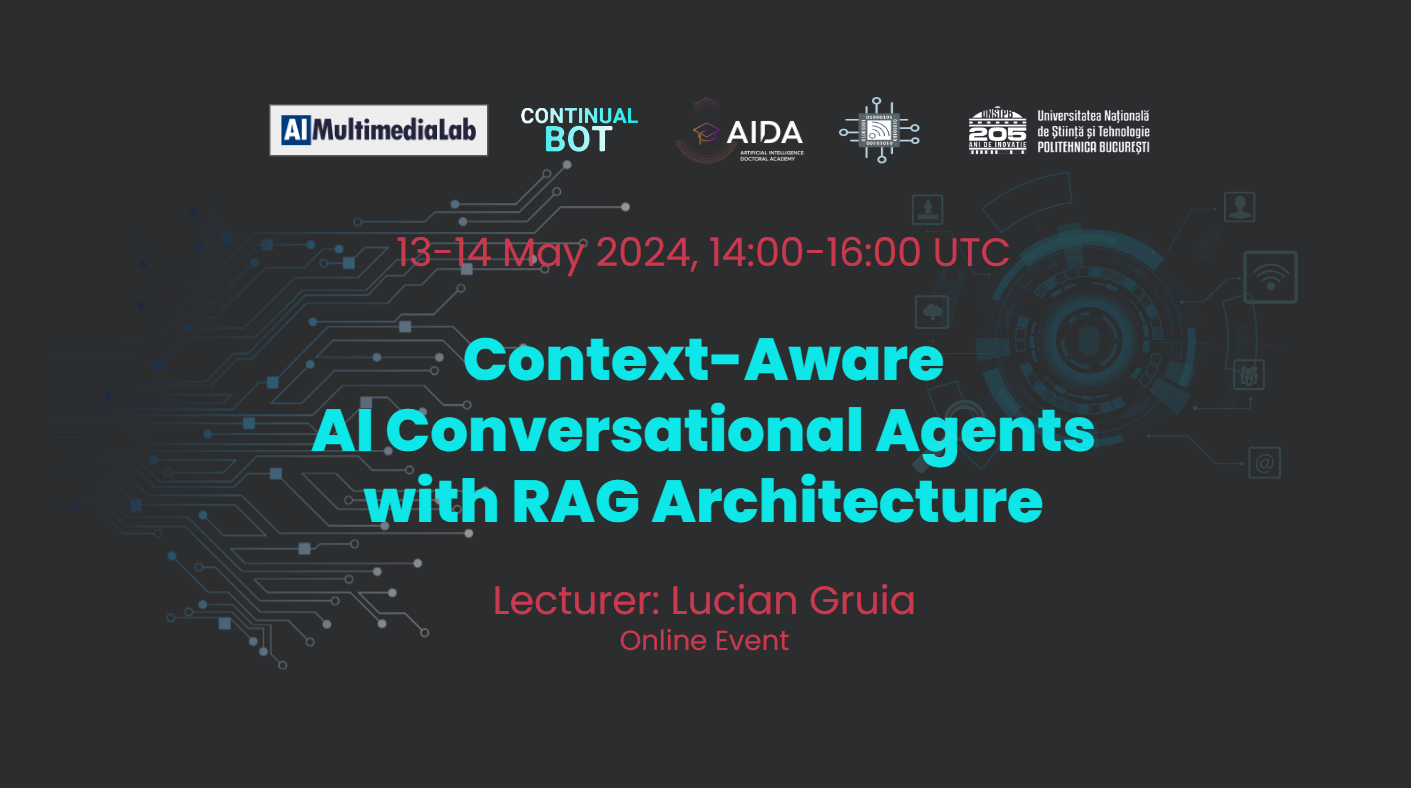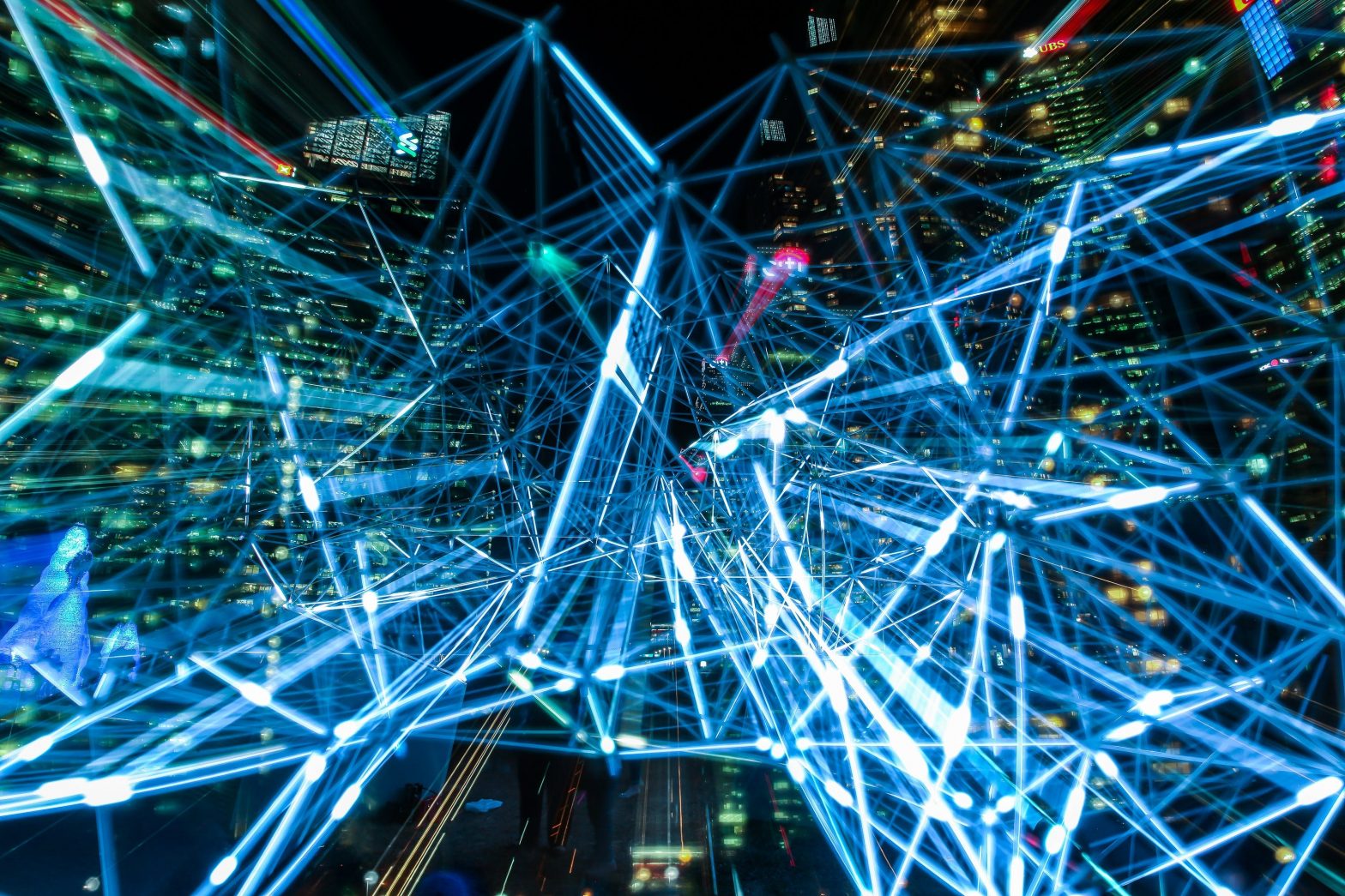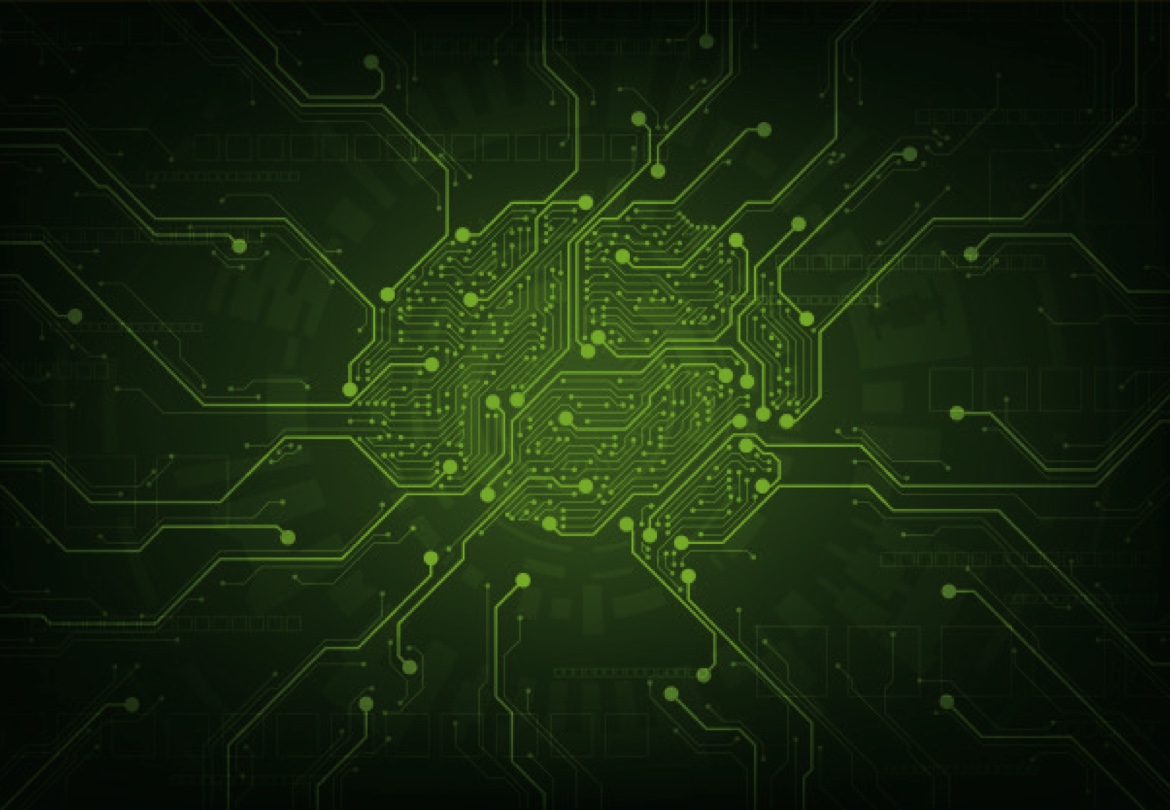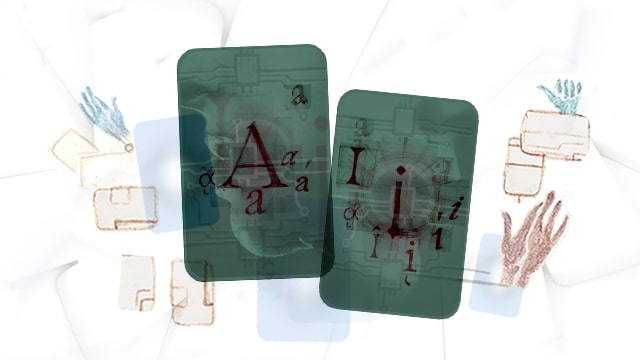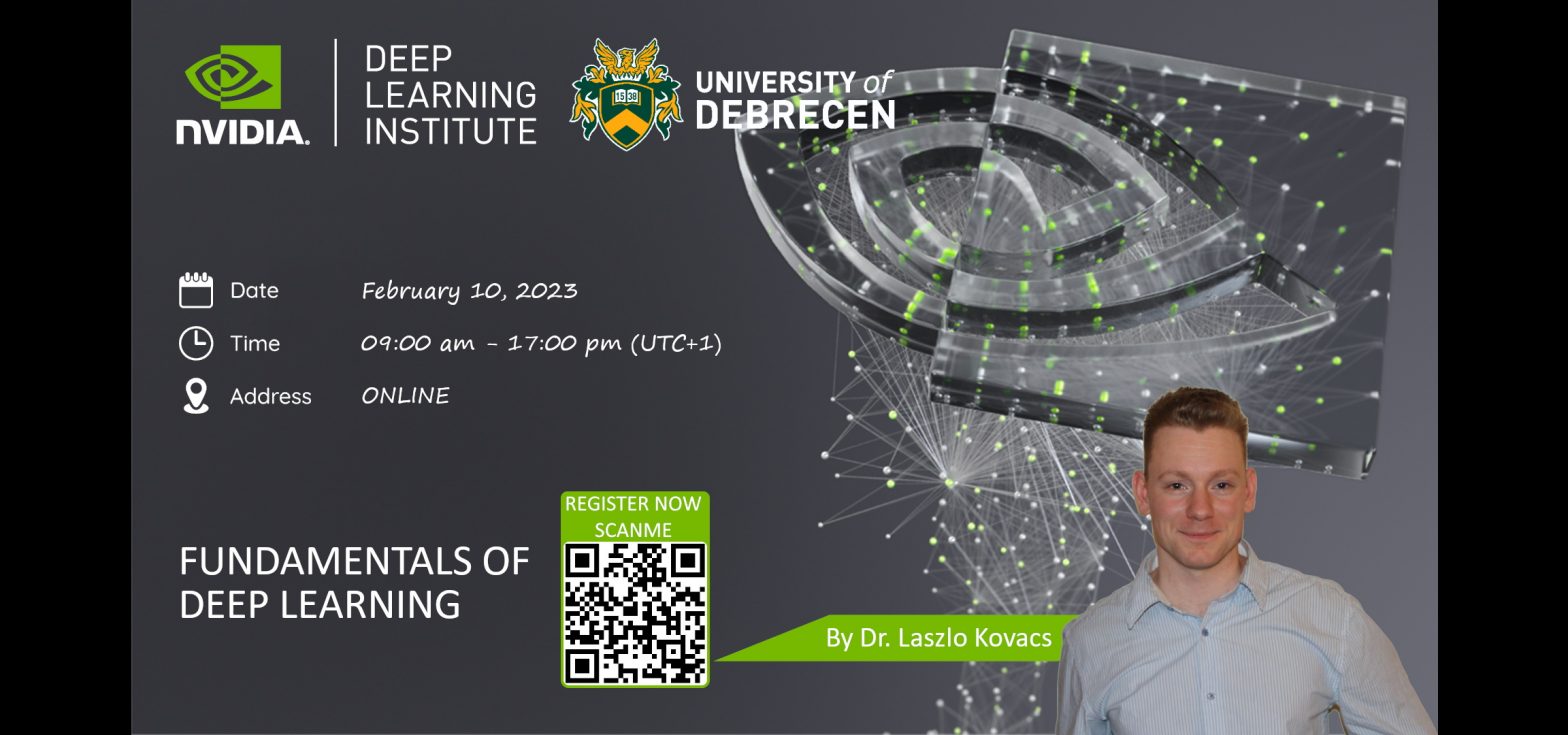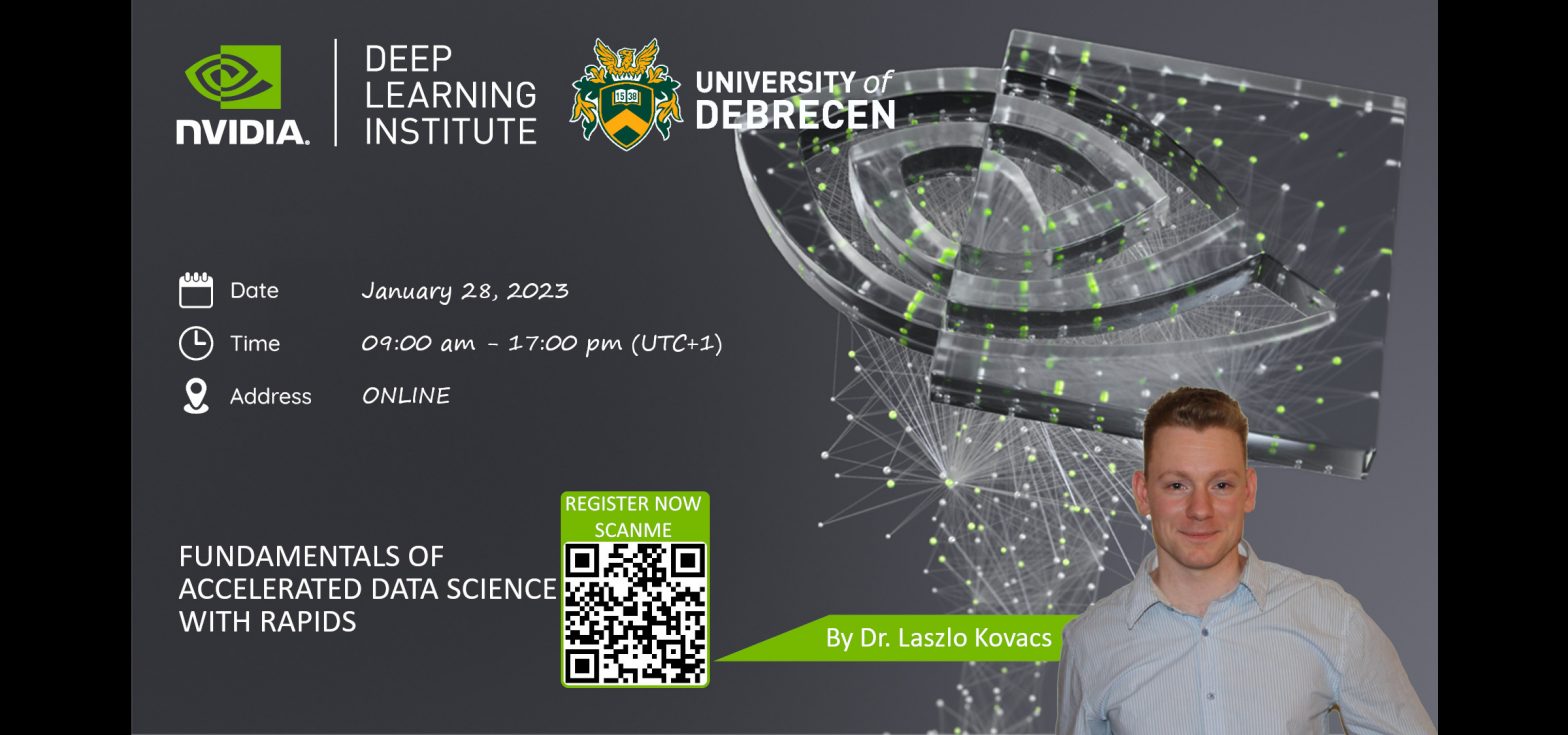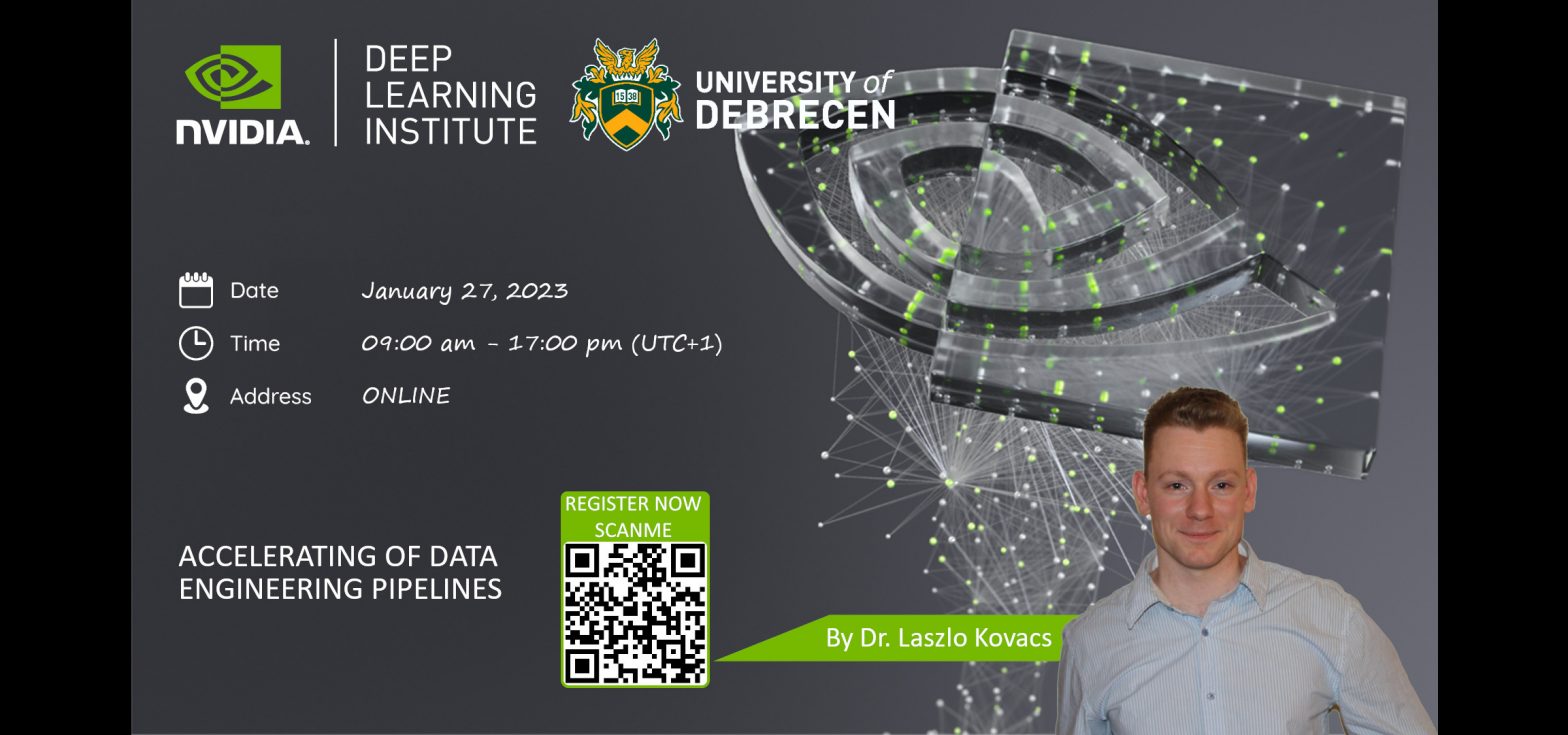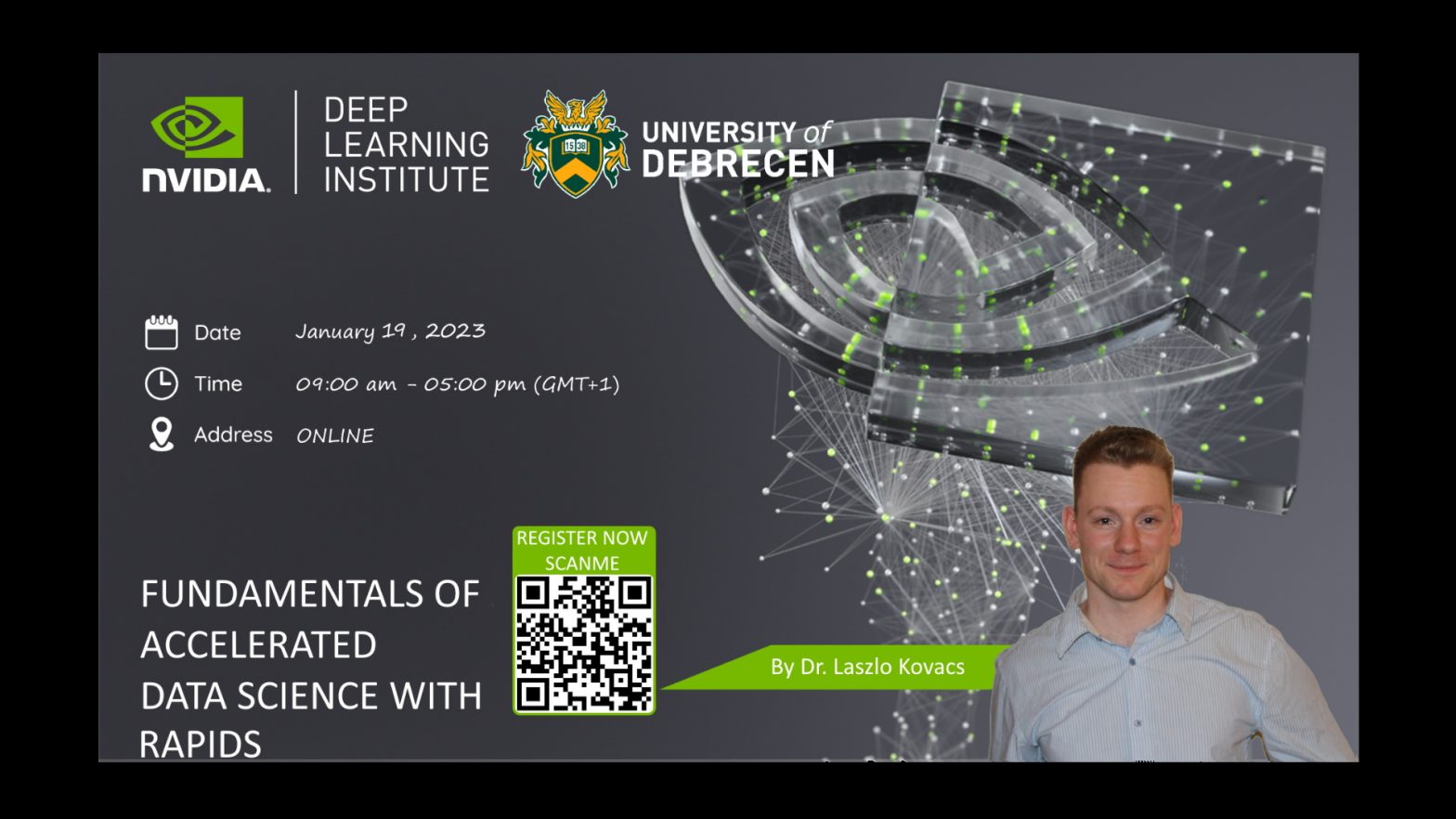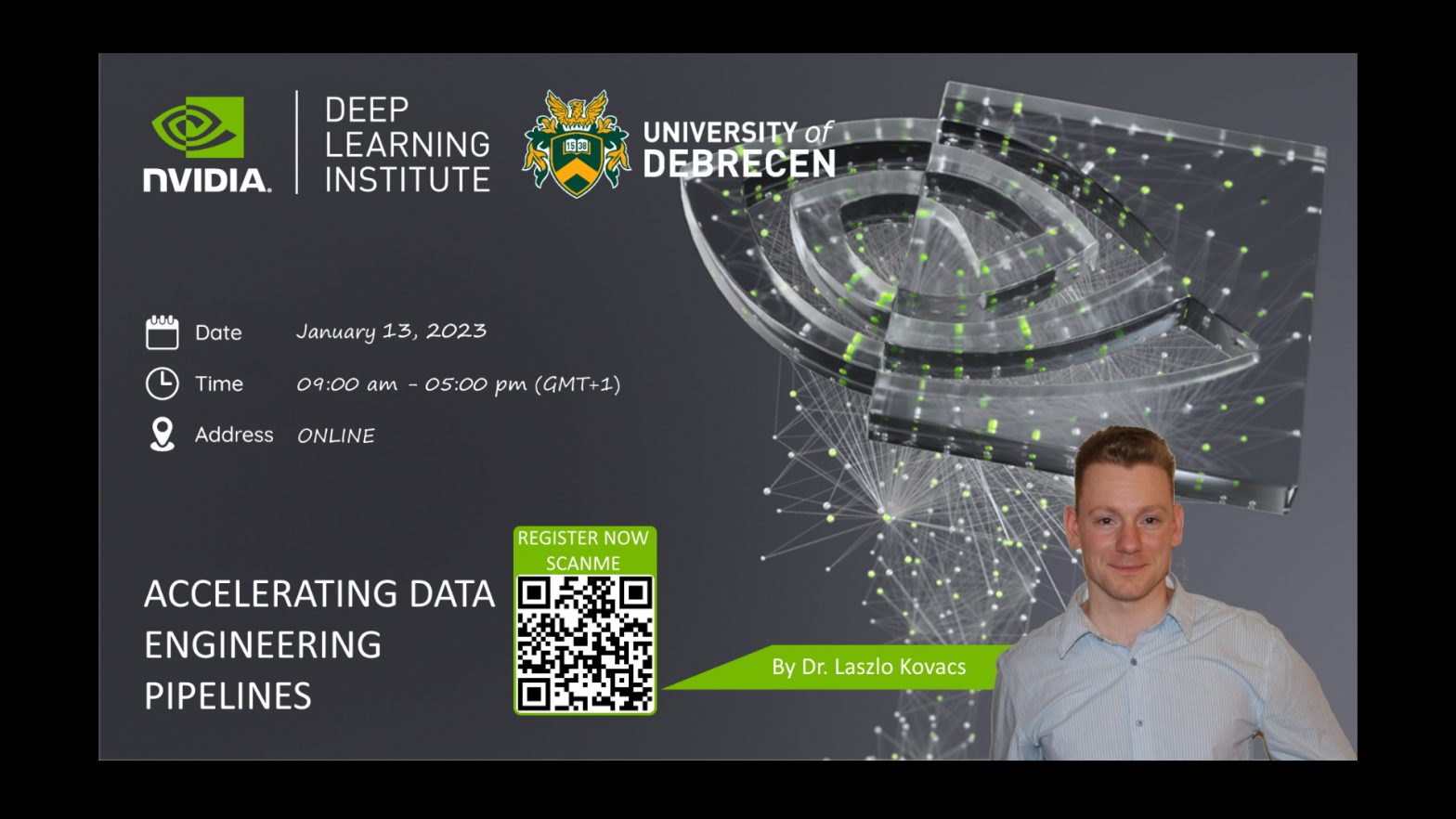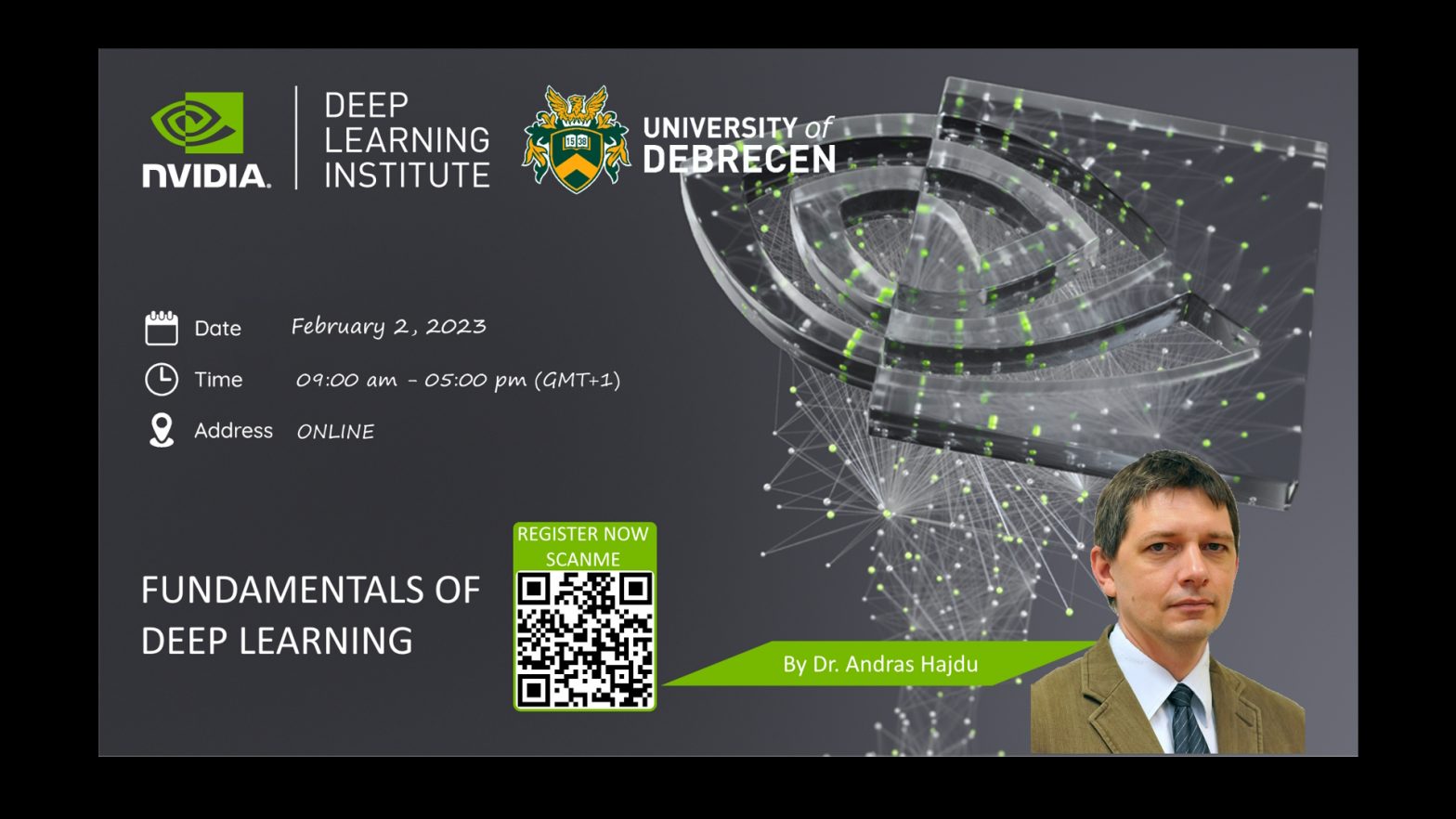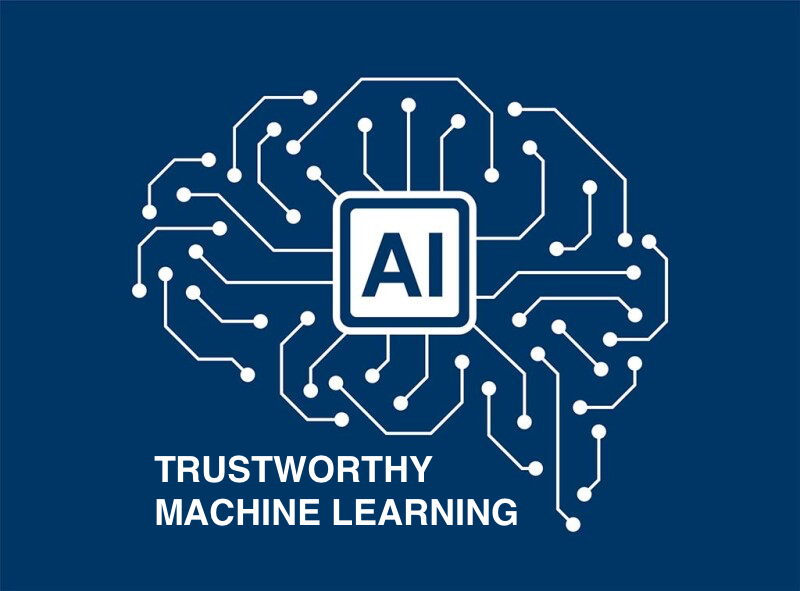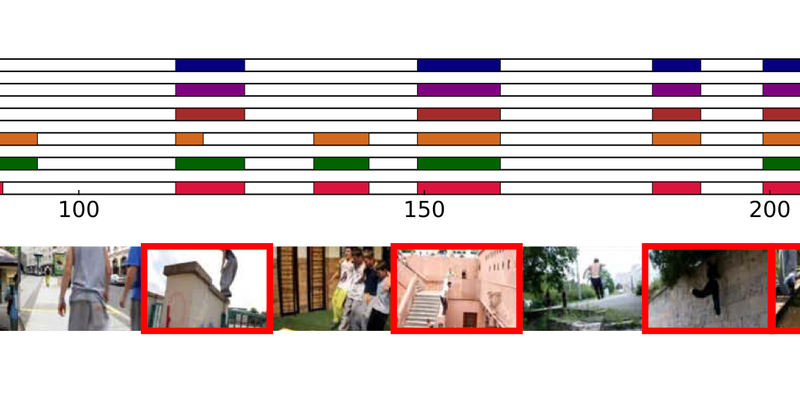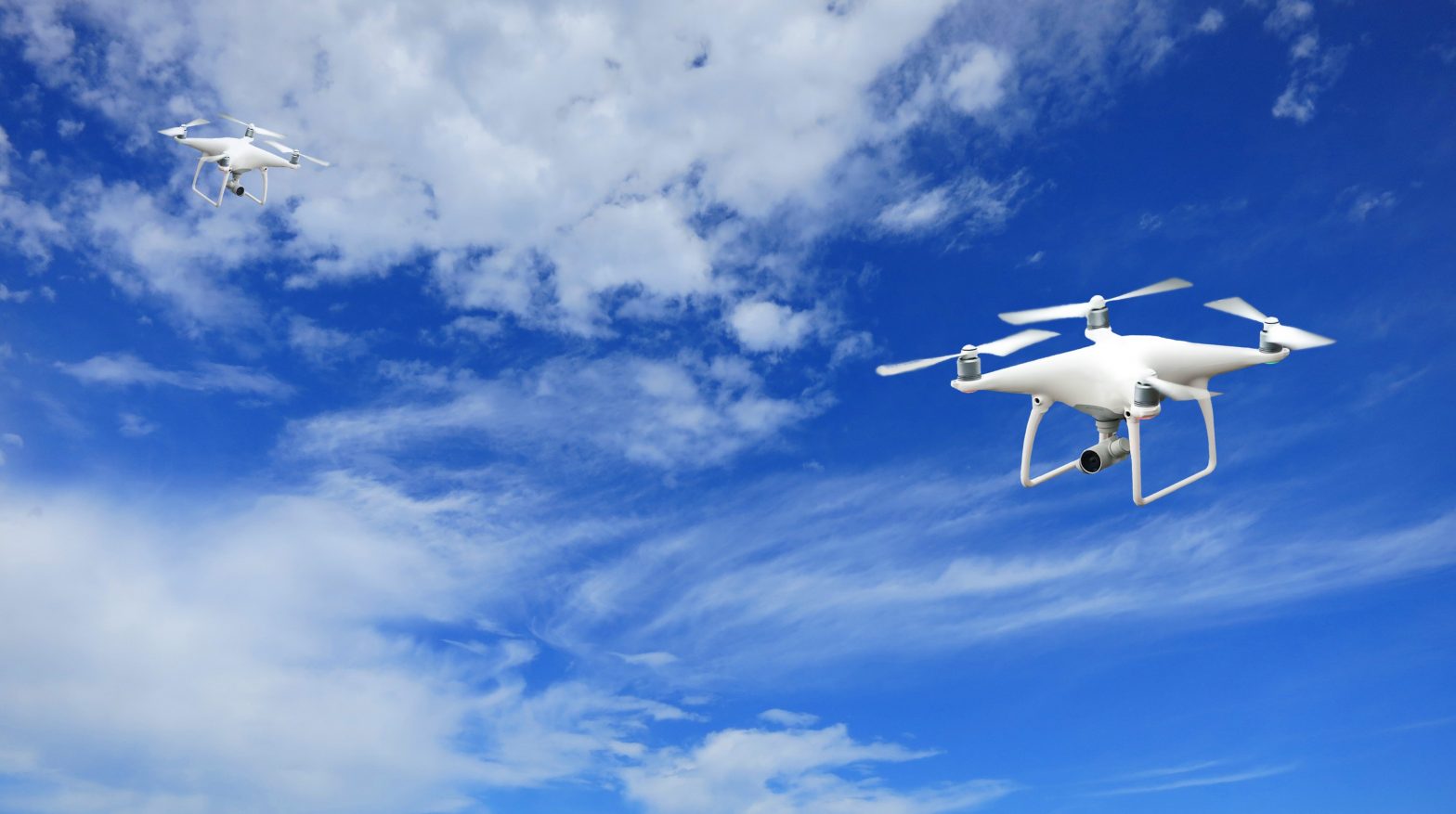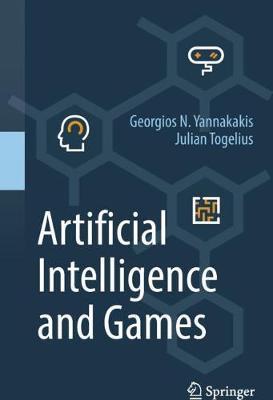Title
Nvidia DLI - Applications of AI For Anomaly Detection
Lecturer
Dr. Laszlo Kovacs, kovacs.laszlo@inf.unideb.hu
Content and organization
- Content and organization: Whether your organization needs to monitor cybersecurity threats, fraudulent financial transactions, product defects, or equipment health, artificial intelligence can help catch data abnormalities before they impact your business. AI models can be trained and deployed to automatically analyze datasets, define “normal behavior,” and identify breaches in patterns quickly and effectively. These models can then be used to predict future anomalies. With massive amounts of data available across industries and subtle distinctions between normal and abnormal patterns, it’s critical that organizations use AI to quickly detect anomalies that pose a threat.
Learning Objectives
- Prepare data and build, train, and evaluate models using XGBoost, autoencoders, and GANs
- Detect anomalies in datasets with both labeled and unlabeled data
- Classify anomalies into multiple categories regardless of whether the original data was labeled
Level
Intermediate
Course Duration
8 hours
Course Type
Short Course
Participation terms
Free of charge for university students and staff. Intermediate knowledge of Python (list comprehension, objects), Familiarity with pandas, Introductory statistics (mean, median, mode).
Lecture Plan
Anomaly Detection in Network Data Using GPU-Accelerated XGBoost (110 mins), Anomaly Detection in Network Data Using GPU-Accelerated Autoencoders (110), Project: Anomaly Detection in Network Data Using GANs (110 mins)
Schedule
08.12.2024 9:00– 08.12.2024 17:00 CET
Language
English
Modality (online/in person):
online
Notes
Upon successful completion of the assessment, the participant will receive an Nvidia Certificate of Competency.
Host Institution
Nvidia Deep Learning Institute, Faculty of Informatics, University of Debrecen, Hungary
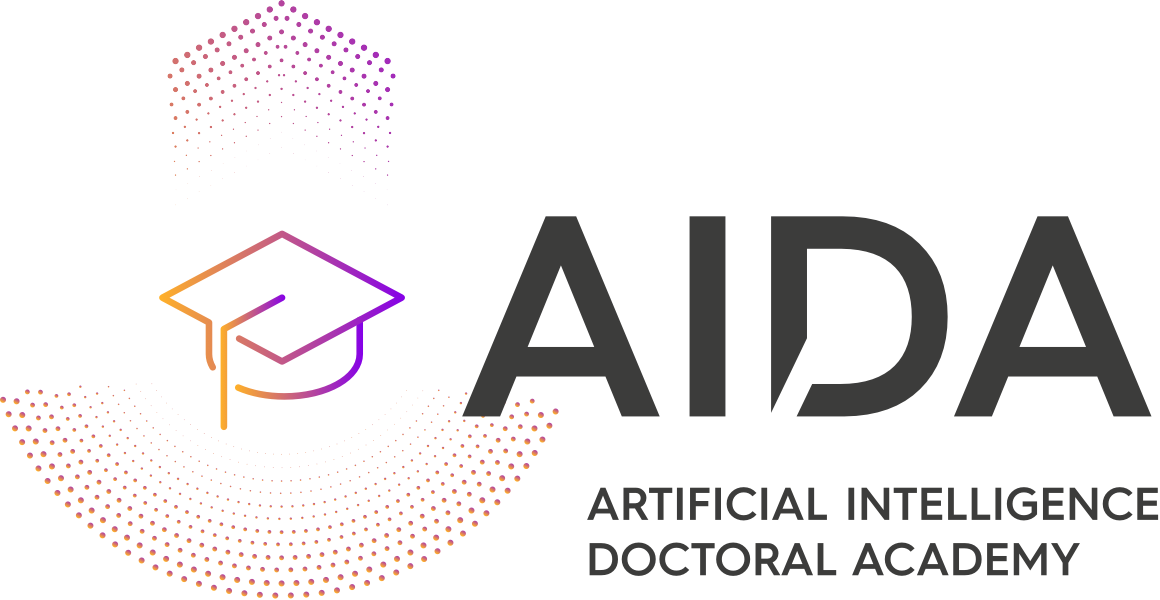
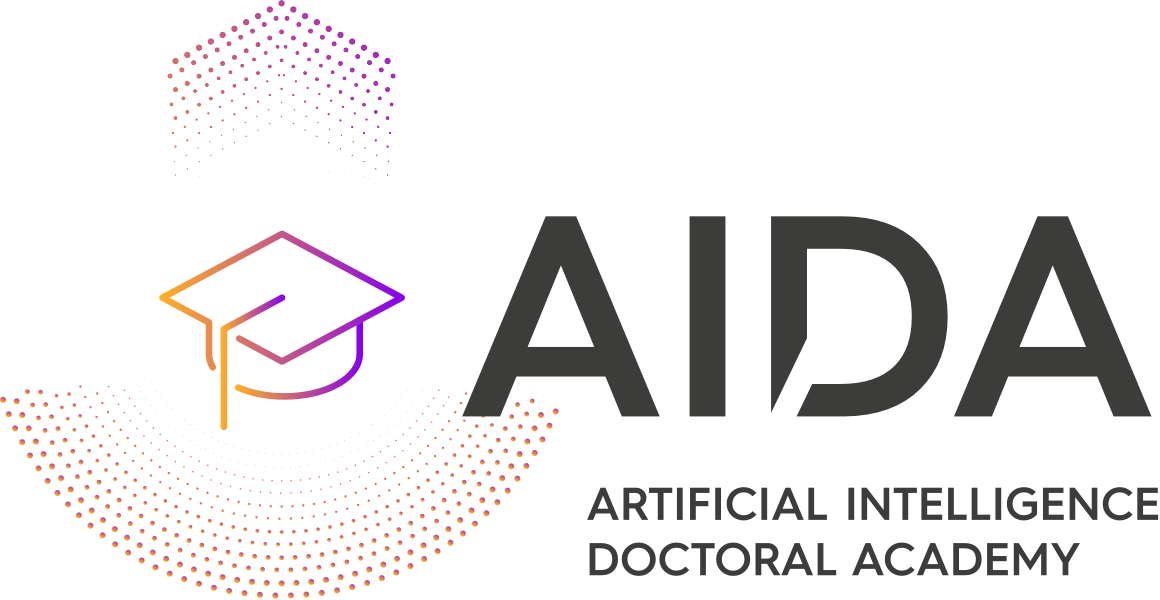

 Back to List
Back to List